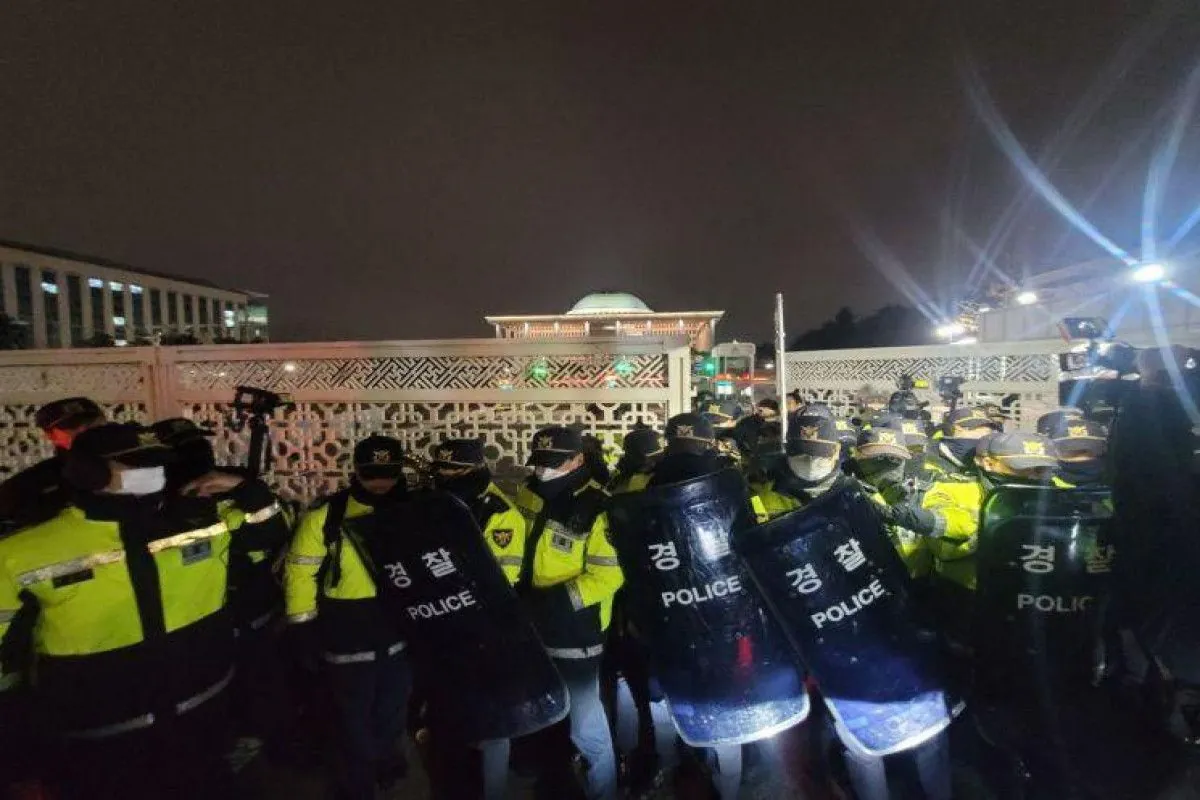President Yoon Suk Yeol declared martial-law in South Korea effective Dec 3rd at 11pm‚ marking a historic shift not seen since the early-80s. The military-backed order puts General Park An-su in charge of maintaining public order
The decree establishes strict nation-wide rules:
- No political gatherings or party activities
- Media and publications under military oversight
- Ban on strikes and public demonstrations
- Medical staff must return to work in 48hrs
- Special arrest powers without warrants
The martial-law command (which aims to protect the democratic system) gives authorities power to detain anyone who breaks these rules. Its important to note that regular citizens who dont participate in anti-state activities will face minimal disruption to their daily routines; however those who break the rules face immediate consequences
The military decree puts special focus on healthcare workers: all doctors including trainees must go back to their jobs within two days or face punishment. The command also bans what it calls fake-news and any attempts to manipulate public opinion
In order to protect liberal democracy from the threat of overthrowing the regime of the Republic of Korea by anti-state forces active within the Republic of Korea and to protect the safety of the people
The new rules affect everything from local councils to media control - placing unprecedented restrictions on civil liberties not seen in over four decades
